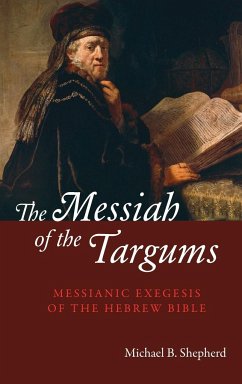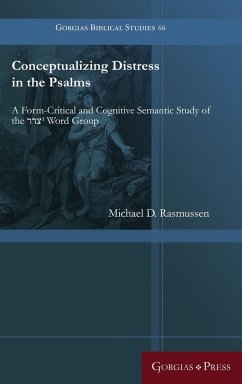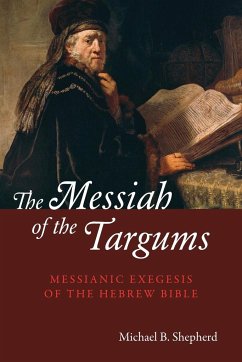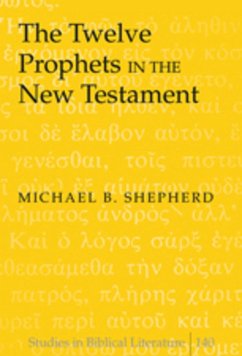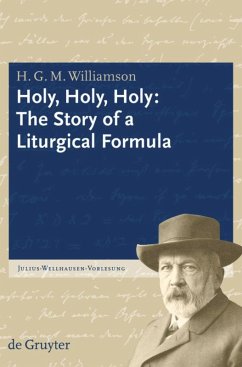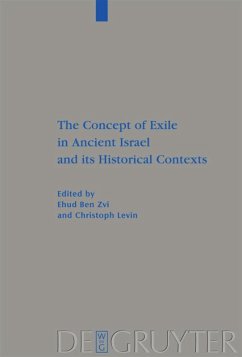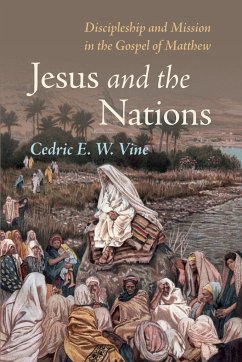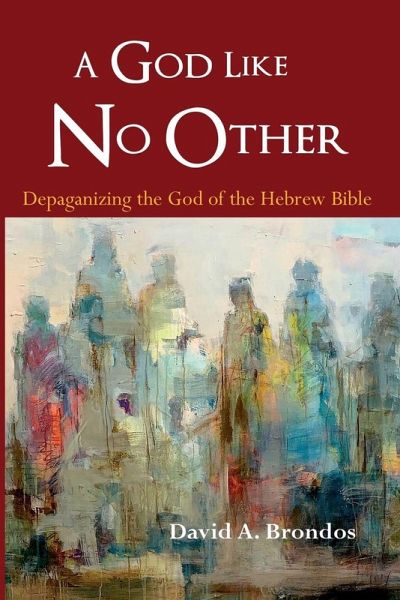
A God Like No Other
Depaganizing the God of the Hebrew Bible
Versandkostenfrei!
Versandfertig in 1-2 Wochen
31,99 €
inkl. MwSt.

PAYBACK Punkte
16 °P sammeln!
For centuries, scholars and interpreters of the Hebrew Scriptures or Old Testament have read those Scriptures as if they spoke of a God whose desires, concerns, and interests were essentially no different than those of the other gods of antiquity known to us. Like those gods, what the God of Israel supposedly sought above all else was the honor, worship, and obedience of human beings and their submission to his will as his faithful and devoted servants. While he undoubtedly demanded the practice of what was good, right, and merciful among his people in a way that set him apart from other gods,...
For centuries, scholars and interpreters of the Hebrew Scriptures or Old Testament have read those Scriptures as if they spoke of a God whose desires, concerns, and interests were essentially no different than those of the other gods of antiquity known to us. Like those gods, what the God of Israel supposedly sought above all else was the honor, worship, and obedience of human beings and their submission to his will as his faithful and devoted servants. While he undoubtedly demanded the practice of what was good, right, and merciful among his people in a way that set him apart from other gods, ultimately he did so for his own sake in order to bring about in them the type of behavior that pleased him and compel them to live in conformity with his justice, holiness, and righteousness. Those who sought to enjoy his blessings and avoid his fierce wrath and punishments had no choice but to strive to keep him content by observing all that he had commanded and making atonement for the sins and offenses they committed by offering him the sacrifices that appeased him. Although he loved his people deeply, his righteous and holy nature placed limits on that love and prevented him from showing them his favor unless the demands of his nature were satisfied. When we abandon such an understanding of the God of Israel and instead read the Hebrew Bible on its own terms in order to grasp the logic underlying its narratives, however, a very different portrait of God emerges. The God of whom the biblical texts speak is a God who desires nothing but the good for all those whom he has created and refuses to back down from his efforts to bring them to live in ways that will allow them to enjoy the wholeness and well-being he desires for all when they insist on filling their lives with injustice, suffering, and violence. When he demands that they obey all that he has commanded by practicing justice and compassion and avoiding behaviors that do them harm, he does so not for his sake but for theirs. If he jealously refuses to let his people serve and worship other gods, it is only because those gods bring death and destruction rather than the life that is found in him alone. While at times he must himself resort to violence and even bring down evil on human beings in order to put a stop to oppression and injustice, he does so only because his passionate and unbending commitment to the well-being of all of the families of the earth together with his beloved people Israel will not allow him to hold back or relent in his efforts to save them, not from him, but from themselves. Christian and Jewish readers alike will find in the present volume a God who is very different from the God they have been taught to encounter previously in the biblical texts, a God whose ultimate concern is not for his own glory, honor, or worship or for the demands of a righteous and holy nature that holds him captive, but for the healing, wholeness, and well-being of all of his creatures. Such an understanding of God not only calls into question traditional interpretations of the Hebrew Bible but also lays the basis for a fresh reading of the many difficult passages that have long challenged biblical interpreters due to the violent and troubling image of God that they convey.





